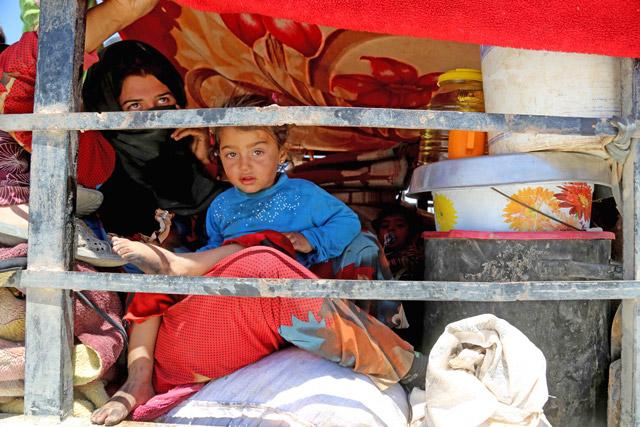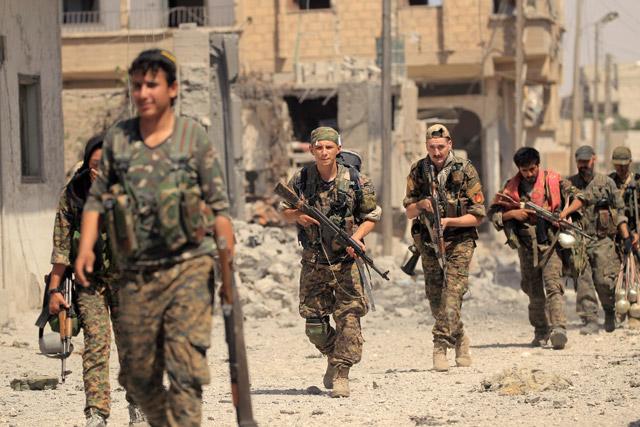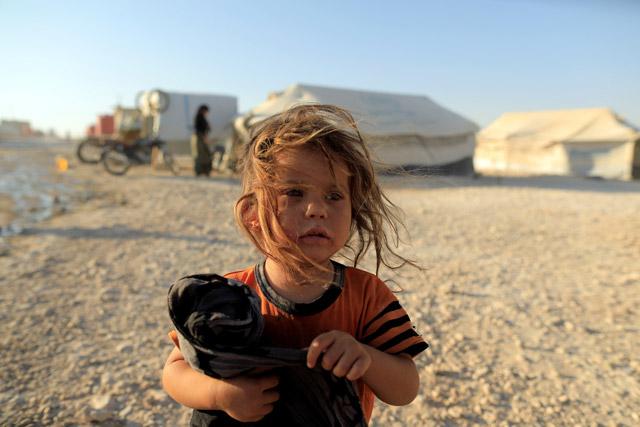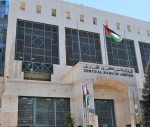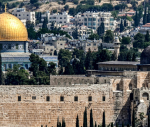You are here
About 2,000 Daesh extremists remain in Syria's Raqqa — US envoy
By Reuters - Aug 05,2017 - Last updated at Aug 05,2017
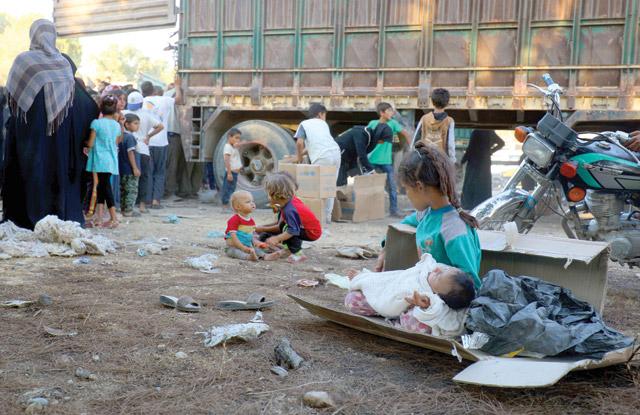
A photo taken on Friday shows displaced Syrian children, who fled from the Daesh group's Syrian stronghold of Raqqa, receiving humanitarian aid delivered by UNICEF at a temporary camp in the town of Tabaqa, about 55 kilometres west of Raqqa (AFP photo)
WASHINGTON — About 2,000 Daesh extremist group militants are estimated to remain in the Syrian city of Raqqa, fighting for their survival in the face of an offensive by the US-backed Syrian Democratic Forces (SDF), a senior US official said on Friday.
Brett McGurk, US special envoy for the coalition against Daesh, said the SDF had cleared about 45 per cent of Raqqa since launching an attack in early June to seize Daesh’s stronghold in northern Syria.
"Today in Raqqa ISIS is fighting for every last block... and fighting for their own survival," McGurk told reporters.
Some 2,000 Daesh extremists are left in the city and "most likely will die in Raqqa," he said.
The assault on Raqqa coincided with the final stages of a campaign to drive Daesh from the Iraqi city of Mosul, where the Islamist militants were defeated last month.
McGurk said Daesh has lost 78 per cent of what they had seized in Iraq and 58 per cent of what they held in Syria.
Before every military operation, coalition forces surround the area targeted to make sure Daesh's foreign fighters cannot escape and make their way out of Iraq and Syria, he said.
With the close cooperation of Turkish forces, the entire Syrian-Turkish border was sealed and Daesh can no longer send militants trained in Syria for attacks in Europe and elsewhere, McGurk said.
The coalition has compiled a database of almost 19,000 names of Daesh extremists gathered from cellphones, address books and other documents found on battlefields, which it is sharing with the international police agency Interpol, he said.
Daesh is also fighting the forces of Syrian President Bashar Assad, who is backed by Russian air power and Iranian-backed militias.
McGurk said "deconfliction" arrangements the US and Russian militaries have made to avoid accidents as they operate separately in Syria were working well despite deteriorating diplomatic relations between the two countries.
President Donald Trump said on Thursday the US-Russian relationship was at "an all-time and very dangerous low”, and Russia said new sanctions imposed by Washington meant an end to hopes for better ties with the Trump administration.
"So far we have not seen an effect on our engagement with the Russians when it comes to Syria," McGurk said.
Related Articles
BEIRUT — US-backed Syrian rebels fighting the Daesh extremists will announce the start date for the final assault on Raqqa city on Tuesday,
AIN ISSA, Syria — US-backed fighters battling to capture Syria's Raqqa are being slowed by fierce resistance from the Daesh terror group, wh
RAQQA, Syria — US-backed forces now have the Daesh terror group militants surrounded in central Raqqa, a Syrian Kurdish commander said, but


